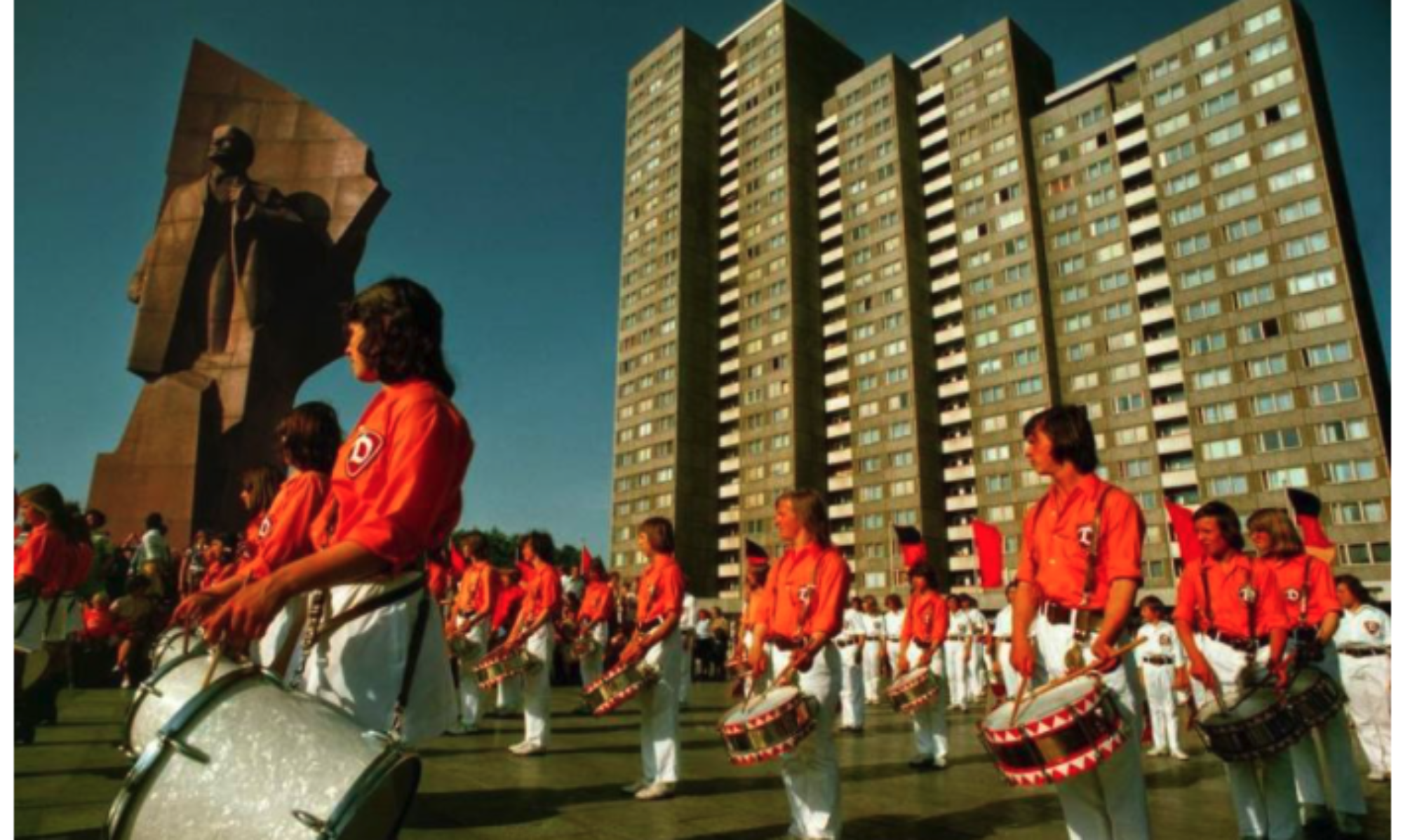Contrary to what the title might suggest, Kovaly writes rather fluidly about her experiences but I can’t help but notice a constant haze about the way she writes. I remember reading a portion from Under a Cruel Star in HIS 240 and thinking the same thing. I hate to make a comparison to 1984 because it feels like low-hanging fruit but the atmosphere of uncertainty and doubt seems to rhyme with the experiences recounted by Kovaly. I think this should be attributed to her remembered mental state at the time of her husband’s conviction but also to the culture that had been created in Czechoslovakia surrounding Party arrests.
This culture, however, where “Comrades at the Ministry of Justice were instructed to limit the financial compensation to the next of kin strictly to the value of the confiscated property at the lowest possible estimate of its worth” (Kovaly 176), is incomprehensible to me. The defendants used in the Slánský trial were simply pawns in a showing of anti-Semitic, state-sponsored propaganda. The recurring theme among these show trials seems to be the anti-semitic threads that offer a little bit of plausible deniability to the public. Kovaly’s memoir insinuates that party officials in the aftermath of her husband’s death seemed to understand the weight and meaning behind the trial, along with a significant number of her acquaintances. The first question this brings me to is how do we get there? How do people permit this to happen? And what benefit does this have for the communist party of Czechoslovakia and the Soviet Union? What are the long term problems of practices like this?

I think it’s also important that Kovaly understands and tries to tell Rudolph about this before he is arrested – how could he also not see that many of the arrested were Jewish as a Jewish man himself? I think perhaps that he wanted to believe in the ideology and that it worked in his favor, even at the cost of recognizing how much it actually hated him. I’m not sure how they got to this point, but I feel that perhaps the Soviet Union needed someone to blame that wasn’t so far away, like the United States, and tangible people that they could vilify in order to sustain the Party’s image without having to blame itself. It is in no way justified, but seen time and time again throughout history.
With Rudolph also being Jewish, as Fontanna pointed out, and even going so far as to question Heda for even suggesting that the Party could be antisemitic, I can only think to point to the power of a singular ideology and the propaganda produced by the Soviet Union. Further, though I cannot speak for Czechoslovakia, some Soviets did experience improvements in specific life areas following the Revolution and in that case may think “well this is bad, but not as bad as before.” With small life improvements and a powerful ideology, perhaps some were willing to sacrifice personal freedoms and the lives of others as long as it wasn’t them directly harmed with hope that the problems with the system would solve themselves. This came through when Kovaly states (to paraphrase) that no one doubted the show trials until it was a person so close to them that they were sure they were innocent. Though this does not excuse the end or the support of these trials in any way, with the messaging being that every country was like this (enacting sacrifices to personal freedoms), the constant threat of the true enemy being the West seemed to be enough to produce strong faith in the system.